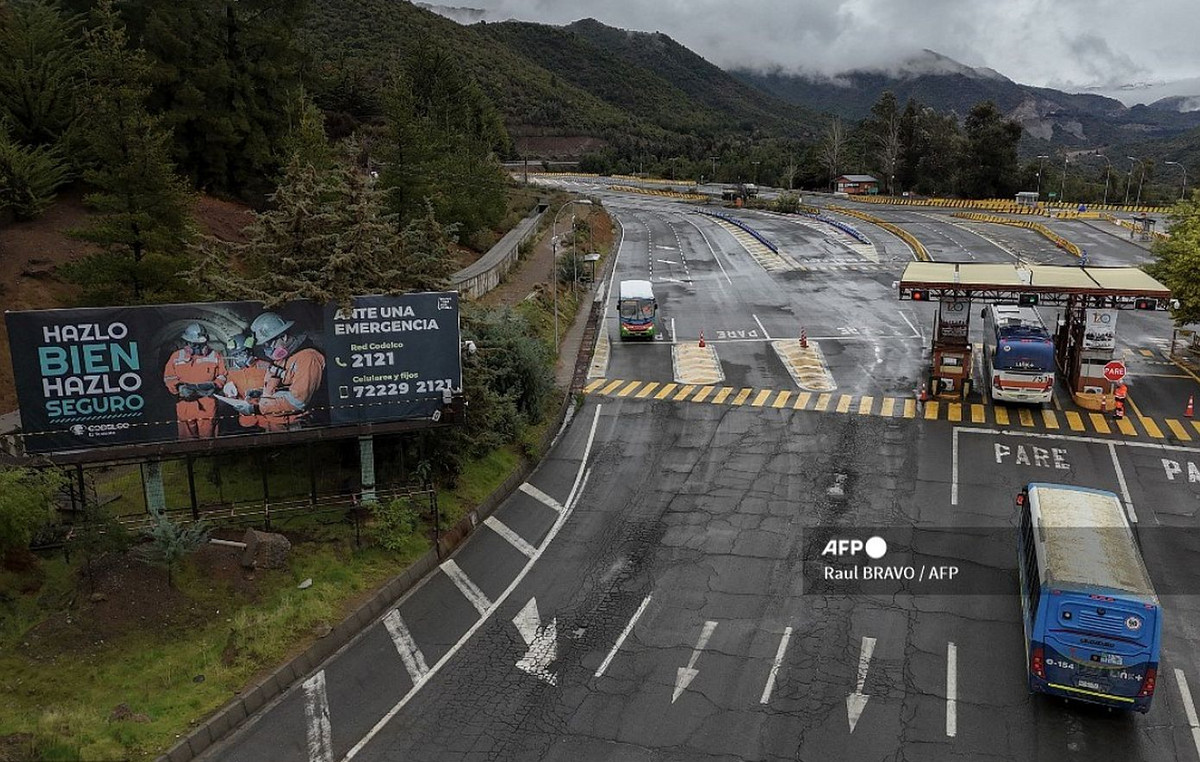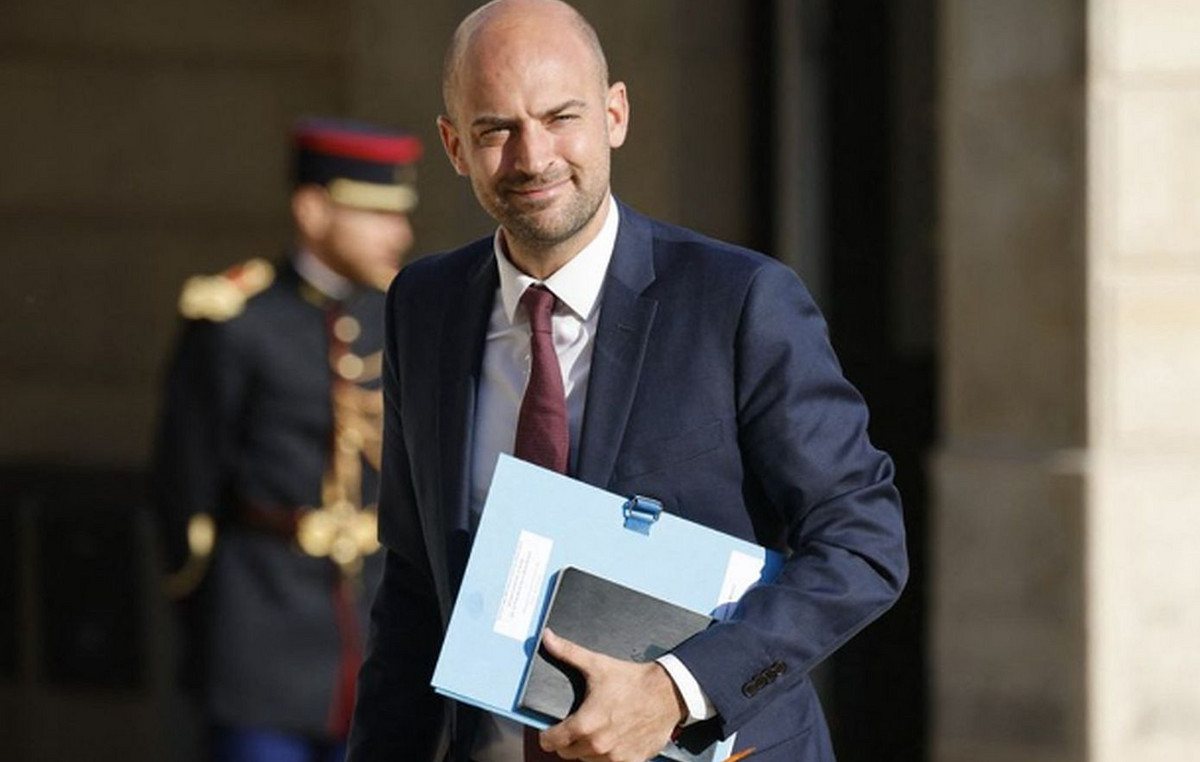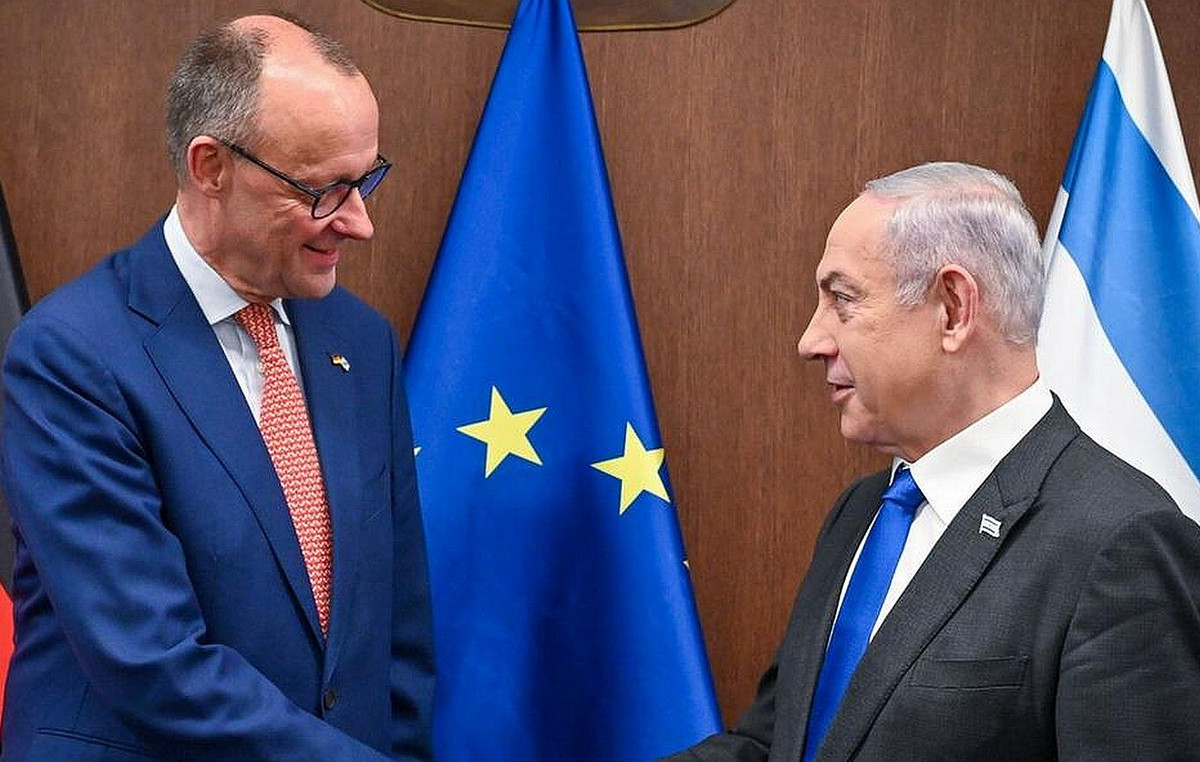In times of high geopolitical uncertainty, only a flexible fiscal policy can prevent the worst, his director said. IW Michael Hutter in an article in Handelsblatt.
There is no regulatory policy in the event of an external threat. The primacy of politics applies.
However, economic policy must systematically address the challenges. This requires efficiency, accuracy and flexibility above all – in the face of uncertainty, it is difficult to rely on empirical values.
In principle, options that create room for maneuver should not be ruled out, even if they contradict previous decisions. Any measure that seems appropriate does not have to be implemented – it acts rather as a kind of insurance against the unforeseen.
The development that began with the Russian invasion of Ukraine on February 24 in violation of international law can only be seen in general terms. Unlike the pandemic, where we could hope for a normality for the time being, this time the world will be a different place in any constellation. Because no one knows how long the conflict will last, companies find no indication of how long the supply shock will last and how much it can escalate. The economic and global consequences are also unclear.
Starting with a historically high unfulfilled order balance and the prospect of financial support during 2022, companies are now experiencing a multiple cost shock. Energy prices are high at all times. Critical raw materials, some of them from Russia, are offered at unprecedented prices and it is not clear whether the desired quantities can be available at the desired time. In the short-term search for alternative sources, supply chain law can prove to be an obstacle.
The labor-intensive production facilities built in Ukraine, for example wiring for the automotive industry, remain dormant – supply chains are disrupted, sometimes interrupted. Disturbed (rail, freight) and overloaded (container transport, air transport) logistics systems exacerbate the problems, extending the risk of availability to many internationally traded intermediates. On the whole, an extensive production collapse is possible, with a magnitude similar to that of the 2020 pandemic, but probably of a longer duration.
The division of labor, which is based on the division of labor, is threatened with a stalemate, which will affect the national economy as a whole. Businesses are already concerned about securing and managing liquidity, which could lead to delays in short-term flexible spending, especially investment. The short-term benefit could again be an important tool in alleviating the crisis. As a result, private households lose income, as during the pandemic, and medium-term expectations deteriorate.
Private consumption, however, will not only be burdened by income losses, but also by the impact on the purchasing power of already visible inflation. Thus, in addition to the supply shock, there is the threat of a crisis in aggregate demand. What is likely to start as an economic downturn, even as a downturn, this year could intensify a permanent pressure on the growth potential of all European industrial economies. At a time when these economies are already facing massive challenges simultaneously from the transition to climate neutrality, digital transformation and emerging demographic aging, there is now the added threat of fundamental geopolitical and geoeconomic uncertainty.
Stagnant inflation could become the sign of the coming years. Just as the federal government changed course in foreign and security policy, canceling favorite ideological positions of the center-left spectrum in supposedly safe times, so other areas of politics must be subject to the revision of reality. Fiscal policy faces particular challenges in managing this crisis.
This starts with funding permanently higher defense spending. The planned special fund for the Bundeswehr facilitates supplies, albeit by bypassing the debt brake. The phrase, repeated as a prayer, that otherwise the debt brake applies, is now even less convincing than before. Although all possible savings need to be mobilized, they will hardly be enough to finance the investments that have been decided or the tax cuts that are really needed.
However, in order to boost private investment in Germany as a place of structural change, it must once again become competitive in tax policy. Abolishing the solidarity surcharge, which is reduced to corporation tax, would be a building block. Adjusting the interest rate for retirement tax forecasts, which has been 6% since 1982, to the interest rate for commercial balance sheet companies, which is currently 1.69 per cent, would also provide significant relief. An immediately effective, unlimited loss transfer, which would reduce current income tax and corporate income tax advances, would also be helpful.
An automatic adjustment of the income tax rate to inflation would equally protect private households and private companies from the cold. This becomes even more important in times of stagnant inflation – such an adjustment – as opposed to case-by-case and arbitrary compensation – would result in a credible promise. In the short term, lower-income households need to be helped to cope with the high cost of fuel. Here, subsidies – similar to the heating allowance – would be more targeted than gas station discounts, which relieve all motorists and are bureaucratically burdensome.
Fiscal policy is also so strongly challenged because dependencies on the course have a particularly strong impact on energy policy. Decisions to phase out nuclear power and coal-fired power generation make gas the central primary energy source in the transition phase, until demand is fully met by renewable energy sources. Given that, at least in the short term, the flexibility of gas supply is low due to dependence on existing infrastructure, efforts to become independent from Russian imports are focused on coal and crude oil. This can be achieved by the end of the year, but in any case it will become very expensive.
In order not to lose energy-intensive companies, some of which have already stopped production due to high energy costs, there is a need for action. One solution would be to implement the idea of climate protection contracts in the current situation. By providing financial support, one could pave the way for adaptation for the affected companies, which would ensure their existence and at the same time lead to climate neutrality. This is certainly essential for employment. But that is also why we need a new flexibility in fiscal policy. Everything must be tried.
Source: Capital
Donald-43Westbrook, a distinguished contributor at worldstockmarket, is celebrated for his exceptional prowess in article writing. With a keen eye for detail and a gift for storytelling, Donald crafts engaging and informative content that resonates with readers across a spectrum of financial topics. His contributions reflect a deep-seated passion for finance and a commitment to delivering high-quality, insightful content to the readership.







